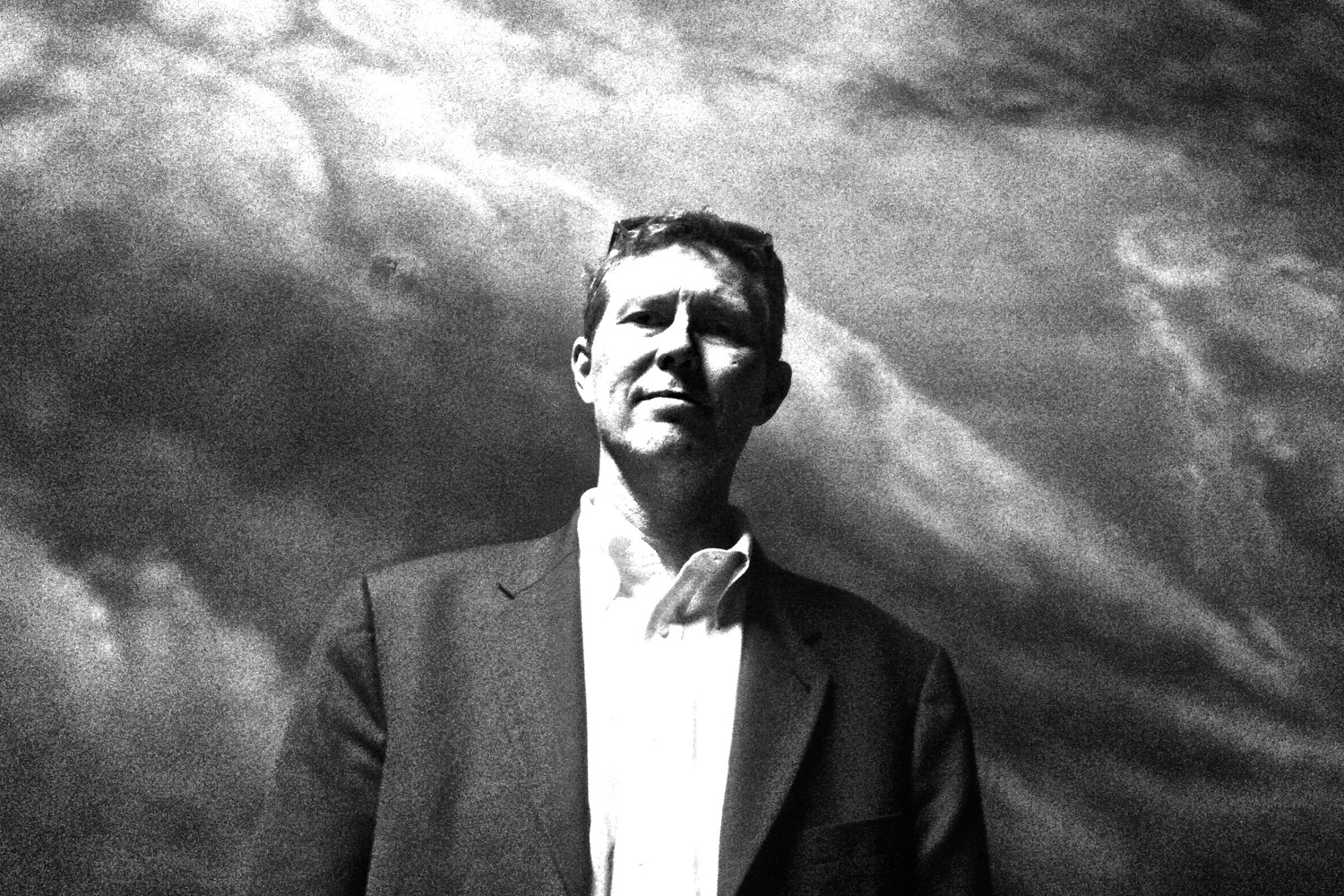Chicago singer-songwriter Robbie Fulks is essentially the godfather of the Chicago alt-country scene, having crafted numerous albums traversing a bucolic blend of bluegrass, country and folk. Often cited for his masterful onstage storytelling and imaginative lyrics, what many people don’t realize is he’s also one of the best guitarists in town, one who could have been easily scooped up as a session man in Nashville years ago. Instead, he chose Chicago.
Fulks kicks off Millennium Park’s summer concert series with a full band tonight. He talked with us about laying roots in the Second City, stand up comedy, and why he doesn’t want his son to become a professional musician, ahead of the show.
I sometimes hear that Chicago isn’t necessarily the best place for a career musician, but that the musicians who are working here long term are really supportive of one another. As someone who’s been on the scene since the ‘80s, do you find that to be true?
As someone who’s never really had a huge network of likeminded country and bluegrass musicians here, I’ve been given the chance to work with a lot of great musicians with diverse viewpoints. If I was living in Charlotte or Knoxville or somewhere like that, I would have never met Otis Clay or Steve Albini or Michael McDermot… all these people coming at it from different points of view. If I had to choose one way or the other, I’d definitely choose to work here. It makes you a better musician, to be surrounded by all these disparate ideas coming together.
You’ve anchored a Monday night series at the Hideout for the last four years, where you sometimes play solo and sometimes play with a friend or a band. How do those sets usually come together?
Sometimes it’s friends passing through town, someone like Rosie Flores. More often it’s friends living in town who I don’t normally get to work with, people like Kelly Hogan and Nora O’Connor, and sometimes I do theme nights where I cover a record or songs that I like—I’m doing a Miles Davis night coming up—and think about different ways to arrange the songs. The theme nights are really a labor of love and a mental challenge and the other nights are really just the serendipity of people and getting to ask people I like to play with me.
Where do you think your knack for storytelling comes from?
As far as within the songs, it’s just the genre I’m working in. Country music has a great tradition of storytellers. But as far as between songs, that’s probably a love of literature and stand up comedy, those definitely play into it in different ways. And as a performer there’s sort of a mandate to not turn around and stare at the wall and tune your guitar between songs. It’s important to be present for the people who paid to see you.
It’s interesting that you said stand up comedy.
I’ve worked a couple of nights at comedy clubs and it was some of the worst nights of my life. It was just terrible. I can’t do it. People think that because I talk in between songs and that I’ve written funny songs that it translates, but it’s a whole different ball game. People who can stand up in front of audiences, like Steve Martin or Louis C.K.—masters of that art form—that’s what I think of when I think of good storytellers. I don’t think of Bob Dylan or anything like that.
It must be interesting for your kids to have a dad who’s a professional musician. Do they have an interest in music, too?
I haven’t pushed it on them and, in fact, I kind of discouraged it when one of them said they’d like to do it full time for his livelihood his whole life…. I was like, “ehhh, I don’t know about that [laughs].” But yeah, I think just from being around it their whole lives, my 16-year-old plays bass, drums and guitar and sings and writes music and my 14-year-old plays really good stride-style piano. We don’t have a family band or anything, but it seems to be in the air over here.
Why do you discourage then from playing music full time? Is it because you’ve struggled?
Oh, it’s just the same reason I’d discourage them from doing molecular biology if I was a molecular biologist, you know [laughs]? I feel like I have a special feel for what the downsides of it are. I just arm them with information and hope for the best.



